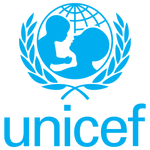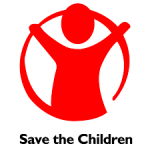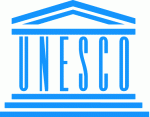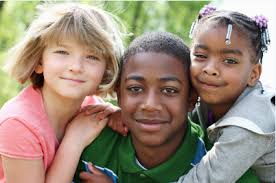Time Well Spent
My time at Walden University has been an enriching and rewarding experience. I am so grateful to have obtained my Master’s Degree in Early Childhood Studies here at Walden. I have been dreaming a long time to go back to school and get my Master’s Degree. I have been an early childhood teacher for about five years now and I wanted to go back to obtain my Masters Degree with the hopes of enhancing my skills and do more research in the field. As I approach the end of my journey here at Walden University I take with me a new found growth and strength to be a successful leader in the education field. I made so many wonderful and meaningful connections with my colleagues and professors, I am leaving this program with new knowledge and I am so propound of my accomplishments throughout this program. One of my goals throughout my courses was to tackle any hidden biases I may have had and also enhance my skills regarding diversity. I also learned how important play is for children’s development. I have incorporated a lot of what I learned in regards to that in my own classroom.
My long term goal is to continue learning as much as I can about the early childhood field. I also want to continue to advocate for parents to obtain meaningful relationships with their children’s teachers and be involved in their children’s education. Building family partnerships is so vital to a child’s education and to have them involved will help them succeed. I sad to say goodbye to my colleagues, because we have all been on this journey together and I have learned so much from their blogs and discussion posts. Dr. Darragh, that you for your encouragement, support and positive feedback! Best of luck to everyone in your future endeavors!


 International Organization-UNICEF
International Organization-UNICEF International Organization-Save the Children
International Organization-Save the Children International Organization- UNESCO
International Organization- UNESCO







